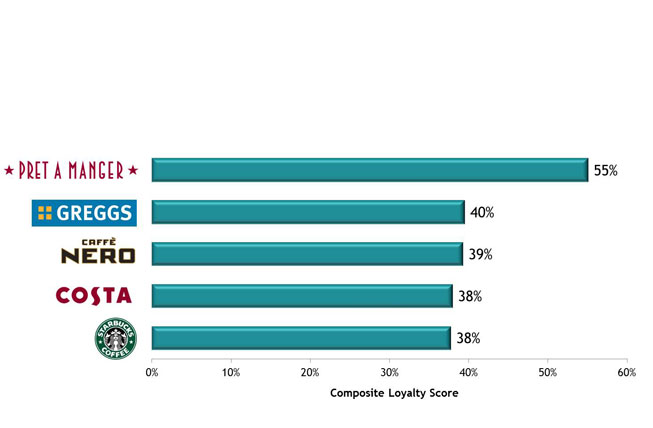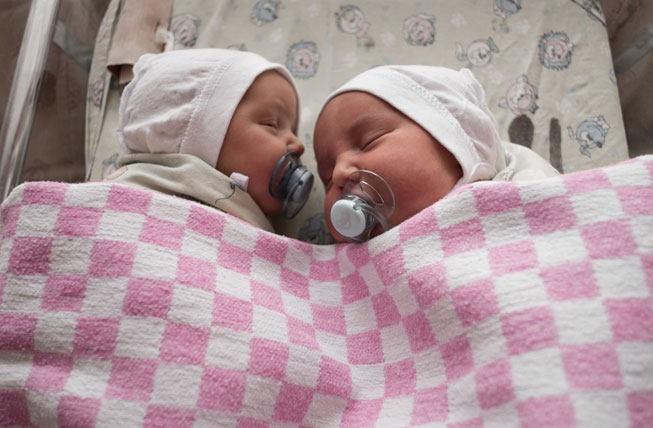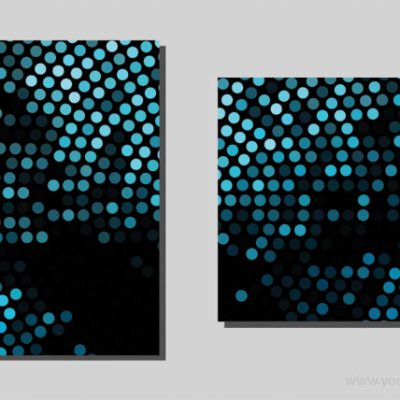
Hospitality is a collection of supplementary services that adds value to a purchase by treating customers like guests, providing amenities that anticipate the person’s needs during their interaction with the service/product provider.
Hospitality marketing ensures employees treat customers as guests, greeting them with pleasure when meeting them for the first time and when old customers return. This creates brand loyalty in a fractious marketplace. Pret do this very well.
A survey of 4,500 consumers by Market Force, asked consumers to rate their satisfaction with their last experience at a coffee shop and how likely they would be to recommend it to friends. The data was averaged to rate each company brand on a Composite Loyalty Index.
Pret also rated the highest on seven of the eight critical drivers of satisfaction, primarily driven by ‘friendliness of staff’. Courtesy for customer’s needs extends to all forms of marketing communication. Face-to-face like in Pret, but also telephone and online interaction.
Title-nine sports are a California based sports company who greet customers put on hold with the marketing message “Hey wait! Don’t hang up! Our goal is to get you through to a real live person in 20 seconds!” If 20 seconds pass and the customer is still on hold, a new automated message plays “Oh brother, we didn’t make our goal, if you’d like to be credited for the time you waited, just tell our customer service agent and they’ll take care of it”. The credit is typically applied only if requested (where the number is surprisingly low) and given in company tokens (gift card) to be used for yet more purchases.
Brands realise that the customer lifecycle is more important than short-term sales and seek to build customer loyalty to gain repeat business and upsell opportunities.
In the USA, hospitals make a lot of money from people as they don’t have a national health service free at point of use like in the UK. They know the reason most families start using a hospital is to give birth and with so many birthing centres and hospital, they face stiff competition. Stiff competition and a service/product that opens the door to further ‘sales’ opportunities requires hospitality marketing.
Brigham & Women’s Hospital in Boston, USA, offers new mothers afternoon tea and cakes. In Cleveland Clinic, each room has a Jacuzzi, mothers can eat and have fresh juice at a ‘nourishment bar’ or dessert tray. During the final night of their stay, new parents dine in their hospital room on filet mignon or seafood provided by the Hospital’s ‘Stork Club’.
Marketing studies show women make 75 percent of health-care decisions for their families and make medical decisions for elderly parents. So attracting mothers with hospitality makes commercial sense.
The search for competitive advantage in mature industries will come down to not where you advertise but what you advertise. The creation of value-added services and supplementary services to make your product/service/brand stand out from the competition.
Managers must be aware of selecting the right mix of supplementary services (no more but also no less, than what is needed) and the right agency will help you to do that.
Follow the YouCom Media news posts to see the next developments.
Data source:
Survey by Market Force, a leading global customer intelligence solutions company.
Required reference:
YouCom Media News, Aug 2017, London, ‘Hospitality Marketing.’















